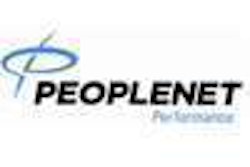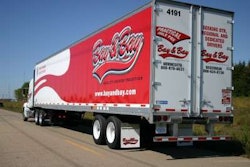The Maryland Transportation Authority has approved a new toll rate schedule that include toll increases for large trucks and other multi-axle vehicles, along with new charges and increases for E-ZPass customers. Standard and commuter toll rates remain the same.
On May 1, the following tolls will increase for vehicles with more than two axles:
On July 1, E-ZPass customers will start paying a $1.50 monthly service charge, and toll violation charges will increase from $15 to $25. Private customers will pay $21 to $40 for new and replacement transponders, instead of the $10 deposit they currently pay.
“Our action today offsets the costs of operating the E-ZPass system and helps ensure that trucks and similar heavy vehicles bear their share of the costs for Maryland’s toll facilities,” says Authority Chairman and Transportation Secretary John D. Porcari. “We received and responded to nearly 2,900 public comments, met with elected officials and affected groups and heard public testimony. The members and I are keenly aware of the impact today’s approval has on individual customers, and we directed staff to examine suggestions offered during this public process. Ultimately, cost recovery is necessary so we can ensure preservation, safety and customer-service projects are fully funded, while supporting capital projects statewide.”
Toll revenues go toward a $3.8 billion six-year capital program that includes safety, preservation, customer service and improvement projects, the agency says. The changes — which were approved Thursday, Jan. 29 — are expected to generate about $60 million more a year.
“We know the timing is difficult, but we held off as long as we could in taking this step,” says Authority Executive Secretary Ronald L. Freeland. “Our customers should know that we are not making money with this plan — rather attempting to recover operating costs.”










